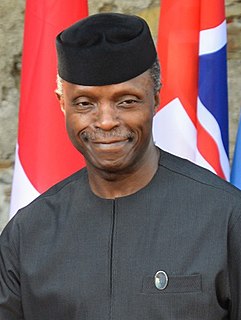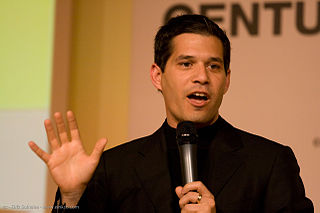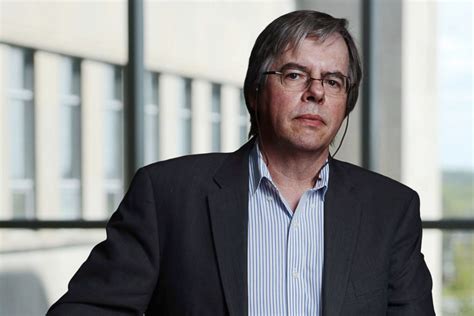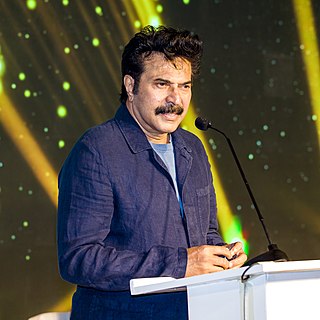A Quote by Yemi Osinbajo
As we move to diversify our economy, we are particularly aware that we need oil to get out of oil.
Related Quotes
All of the easy oil is gone and what's left is requiring more energy and money and this has an effect on everything. Our problem is that we've created an infrastructure that's so dependent on oil. As oil becomes more expensive we're going to be locked into the transportation modes that our economy depends on. So we really need to start building an alternative economy before we get caught in a trap of our own making.
I started digging and found that Israel signed a peace treaty with the United Arab Emirates after the country had diversified their economy, instead of being solely oil-based. This diversification had brought about modernization. I realized that if you land the price of oil, countries will diversify their economies and as a result, modernize.
In the near term, oil is galloping ahead and leading our economy. We have to corral the "horse" and gradually reduce our dependence on oil and coal, in their present forms. Green-energy investment is inherently high-tech, and we could lead in the next-generation energy technologies, as we did and do now with oil and gas. All it takes is leadership!
I can at once refute the statement that the people of the West object to conservation of oil resources. They know that there is a limit to oil supplies and that the time will come when they and the Nation will need this oil much more than it is needed now. There are no half measures in conservation of oil.
There's a huge misconception that it's all about the oil, and the truth is there's actually not much oil left in Abyei. The misperception arose because when the peace agreement was signed in 2005, Abyei accounted for a quarter of Sudan's oil production. Since then, the Permanent Court of Arbitration in The Hague defined major oil fields to lie outside Abyei. They're in the north now, not even up for grabs, and they account for one percent of the oil in Sudan. The idea that it's "oil-rich Abyei" is out of date.
I've been saying for a long time, and I think you'll agree, because I said it to you once, had we taken the oil - and we should have taken the oil - ISIS would not have been able to form either, because the oil was their primary source of income. And now they have the oil all over the place, including the oil - a lot of the oil in Libya, which was another one of her disasters.
We must surely appear to the world as exactly what we are: a nation that organizes its economy around consuming twice as much oil as it produces, and around the profligate wastefulness of the wars and campaigns required to defend such consumption. In recent years we have defined our national interest largely in terms of the oil fields and pipelines we need to procure fuel.
































